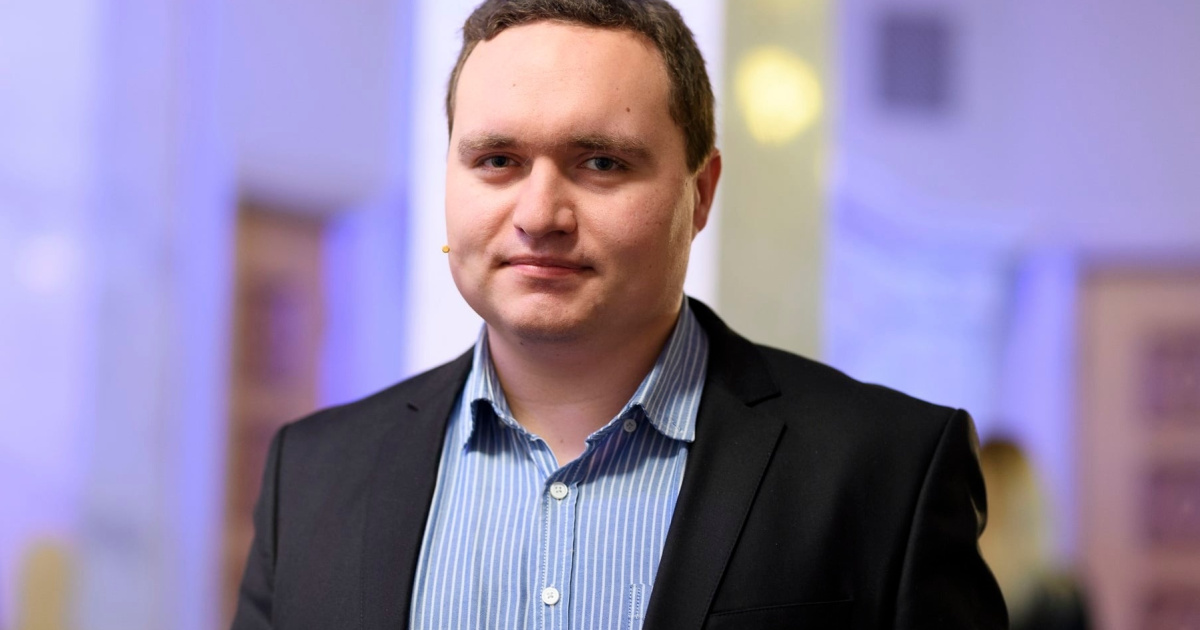
Currently, there's an ongoing struggle over what compromise points might form the basis of a future peace plan to end the war in Ukraine. This was discussed by Ihor Chalenko, a political analyst and head of the Center for Analysis and Strategies, in a comment to OstroV.
“At the moment, through the use of various media platforms, different sides are testing potential elements for entering a negotiation process. Right now, the parties do not have an agreed position on how to start these negotiations. As for the timing — that’s fairly clear; it could happen almost immediately after Donald Trump's inauguration. But on what terms? That's where we're currently seeing a struggle over different variations of what might be compromise points in a future peace plan”, - Chalenko explained.
According to him, all the information currently being disseminated through the media is more of an informational groundwork and a subject for further consultations among European, American, and Ukrainian politicians.
“This is also a form of pressure directly on the russian aggressor. While some potential points of a peace plan might initially seem acceptable to moscow, a deeper analysis reveals that the russian side might reject them. For instance, a 20-year moratorium on NATO membership or the continued arming of Ukraine by the United States while a demilitarized zone is in place. Based on the statements and overall positioning of the russians, they are likely to react very negatively to such proposals. And there are many such nuances.
However, through a series of these informational releases, we are broadly seeing how the environment and the readiness of various political circles to start a negotiation process are evolving. To be clear, I’m not talking about an immediate end to the war, but rather about the beginning of negotiations”, - the political expert noted.






 The parties still lack agreed positions on how to initiate peace talks to end the war in Ukraine – political analyst
The parties still lack agreed positions on how to initiate peace talks to end the war in Ukraine – political analyst